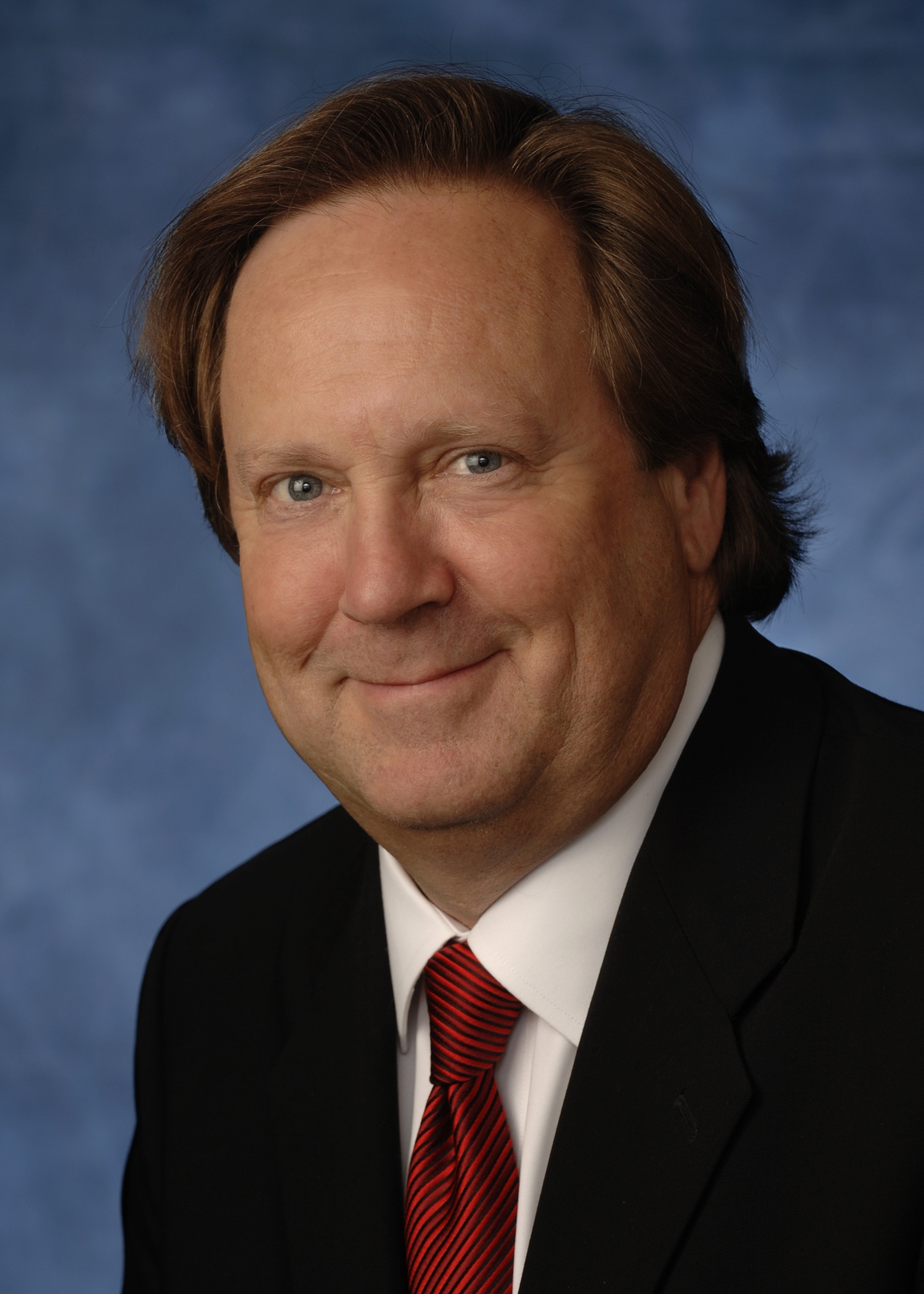Bill Gracey will take control of Tennessee's biggest health insurer in January with a smaller staff than his predecessor.
Gracey, a former HCA executive who is succeeding retiring CEO Vicky Gregg as head of BlueCross BlueShield of Tennessee, said the company will cut 100 BlueCross jobs by the end of the year and leave another 100 positions vacant next year. Gracey said he wants to cut the company's 4,500-person staff at least 2 percent by 2014 when new health care taxes and rules are set to begin.
"The health insurance industry is undergoing tremendous changes," Gracey said in a statement. "It is growing more competitive by the day, and we are facing unprecedented challenges that require us to operate more efficiently."
The Tennessee BlueCross plan is Chattanooga's biggest employer, but the insurer is under pressure to cut its operating costs to meet the new standards for allowable administrative expenses under ObamaCare.
BlueCross made refunds this summer to 73,000 individual policy holders because the company didn't pay out at least 80 percent of its premium income from individual policy holders to medical providers. Statewide, health insurers had to pay a total of $28.8 million in refund checks to 240,298 insurance subscribers in Tennessee and $19.8 million to 243,813 Georgians.
The refunds were required because the health insurers spent too much on their own administrative expenses to comply with new health care reform requirements.
The new health care reform law adopted two years ago also will require insurers such as BlueCross in Tennessee to nearly double premium tax payments. The new federal premium tax is designed to pay for part of the federal subsidies used to expand insurance coverage to most Americans.
The Chattanooga-based BlueCross paid $288 million in state premium taxes last year, but ObamaCare could add another $200 million or so in new federal premium taxes, starting in 2014.
"Beyond reform, health care costs are growing out of reach for consumers," BlueCross spokeswoman Mary Danielson said. "They are becoming more price-sensitive than ever. And we have to keep those costs down to make coverage affordable for them."
Danielson said the eliminated positions at BlueCross this year and next range from jobs in the company's operations center to posts in executive management. One fourth of the job cuts announced this week will involve managers, Gracey said.
Other health insurers have already taken a scalpel to their operating costs to help prepare for
Blue Cross & Blue Shield of Rhode Island eliminated 43 jobs this summer in its fifth round of staff cuts in as many years. The Rhode Island plan has cut more than 300 jobs from its rolls since 2007.
Empire Blue Cross in New York laid off 98 employees in June.
Blue Cross and Blue Shield of North Carolina announced this summer it wants to cut 20 percent of its administrative expenses by 2014, and may lay off some of its staff to achieve such savings.
Cigna Corp., which operates a 1,500-employee claims processing center in Chattanooga, has complained about the new medical payment ratios required under ObamaCare.
Cigna spokesman Phil Mann said it is too early to talk about staffing changes at Cigna. But he said the insurer worries that limiting the share of premium dollars insurance companies get "discourages private market investment in programs that have improved quality and lowered costs for our system overall."
For instance, Mann said the new regulations will penalize insurance company spending on consumer and provider education and could discourage some programs that provide financial rewards for doctors who give better care and or persons who practice healthier living habits.


